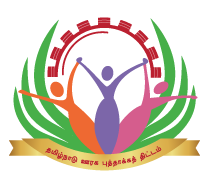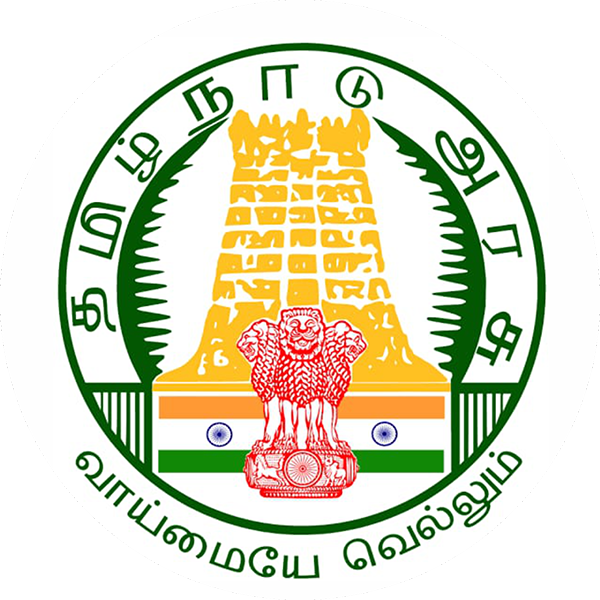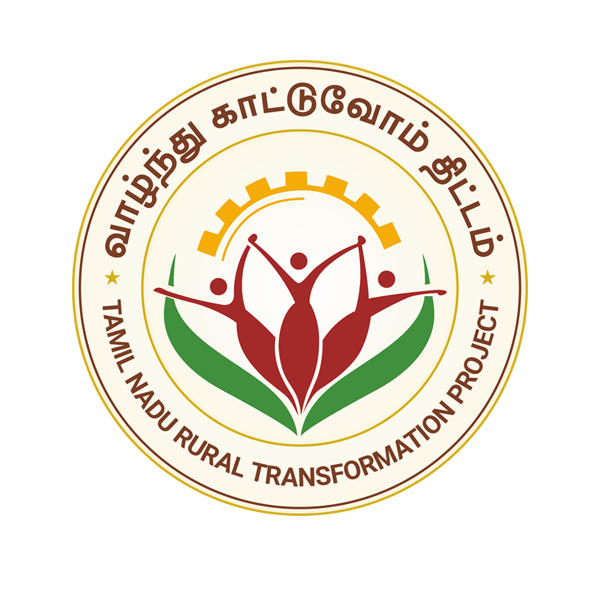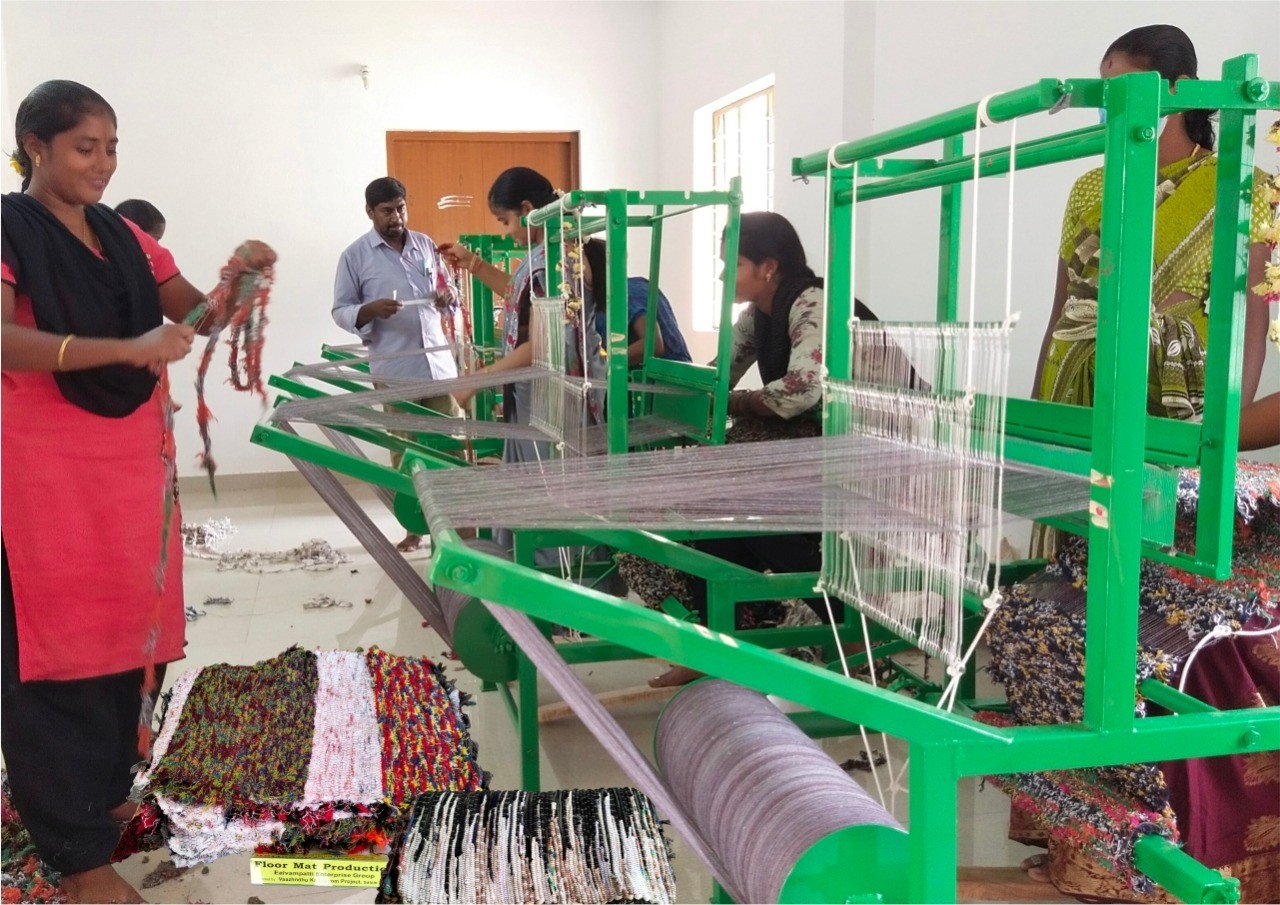Tamil Nadu Rural Transformation Project (TNRTP)
Rural Development & Panchayat Raj
Government Of Tamil Nadu





Craft Is in Dying Stage With Members Moving Away: Thirteen members formed an EG in the name of their village Elavampatti, which is located in Tharamangalam block in Salem district. They were trained together during February 2022. Five years ago, in their village most of them used to make foot-mats, which their parents were also doing, but due to very low income and the cost fixed by middle men most of them were making loss. Therefore, most of the foot-mat makers shifted to some other business or migrated to cities for wages.

Identification, and Training, Upskilling of Members
During 2021, the Vaazhndhu Kaattuvom Project team created awareness on the Community Skill School in the women in their village who do the same kind of business, for promoting and strengthening rural enterprises through skill building. The women too were interested to participate in the program, as they could get additional income. And they realized, in the pandemic situation, additional income was a must to run the family without any difficulty.
In their village, 13 members attended the CSS on foot matmaking training. In the training, they they learnt not only techniques on how to make the mats but also about fixing the price and marketing strategy. After 30 days’ training, the womenformed an enterprise group in the month of April 2022 with Rs. 500 as a membership fee. After 90 days of forming the group, the group received Rs 75,000/- as a start-up fund. Before receiving the fund, the members initiated primary activities and common understanding to manage the group such as dividing the responsibilities, procuring, storing the raw materials, managing transport expenses and marketing the finished products.
Change In Procuring and Marketing Strategy After Training
Earlier, in their village they used to procure raw materials from middle men and sell the finished products to them. Or, individually, they would buy raw materials from Erode and Tiruppur districts. This used to result in high expenses. But now they have changed the strategy and within their group they plan the end-to-end process, so that they can reduce the transportation cost. If they hire a mini truck for one day, the cost is Rs 5,000 and theycan collect raw materials from three to four places in one day. Thus they can minimize transportation expenses.
Project Support and Way Forward
After they received the start-up fund of Rs 75,000, they bought the required machinery (thari) for five members, which cost Rs 40,000 (Rs 8,000per machine), thread (30 kgs for Rs 3,000), waste materials (Rs 25,000); the transportation cost was Rs 5,000 (four members already had the machine, while four members are sharing with others). Their CSS trainer and the district team have tied up with an Erode godown (warehouse) for marketing. They will maintain a book on containing information on the distribution of raw materials and receipt(in kilos)of the end product from each person; based on that they will divide the profit. To cite an example, recently in a week they produced 3 tonnes of foot-mat in three different varieties and sizes (padiappa mat, simple mat andpattamat) and earneda profit of Rs. 50,000. In a week, they could earn a profit of Rs 4,000. This will be divided according to production of each member and expenses. Cost will vary in summer and rainy season. During rainy season,they will get Rs 5 extra per mat.
They have weekly and monthly meetings to discuss and strengthen their activities. In a recent meeting, they decided to sell their products in KomarapalayamToll Gate (four mats for Rs 100). They feel it is a new start for reviving their traditional business. Usually in a family, the male members will be taking lead on this, but now they have shifted to other jobs and businesses, so they are taking the lead and bringing additional income to their family in their free time.
Tags :